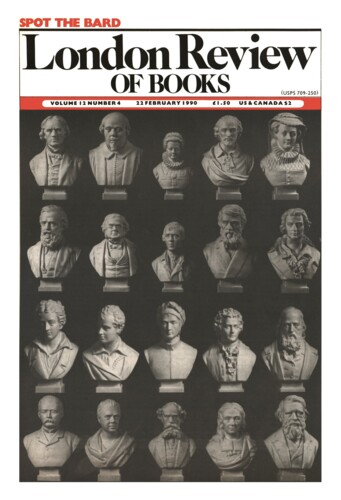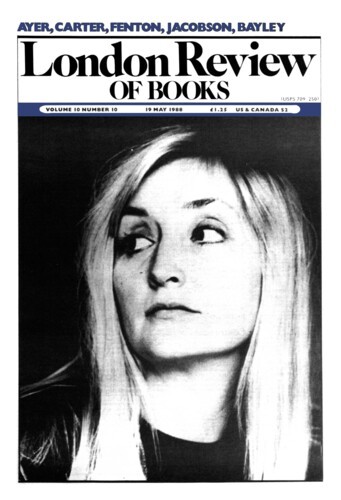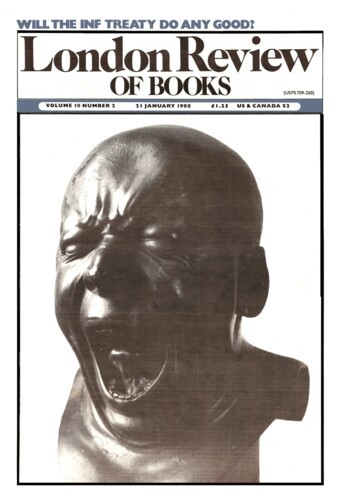End of Empire
Philip Towle, 22 February 1990
In 1956 Soviet tanks crushed the Hungarian Uprising. At the same time the British and French tried and failed to capture the Suez Canal and to topple the Egyptian leader, Colonel Nasser. Thirty-three years later, the Soviet Union watched as one East European Communist government after another was swept from power by movements far more radical than anything conceived in Hungary in 1956. At the same time, US Forces moved out of the Panama Canal Zone, captured the Panamanian head of state and carried him off into captivity.




